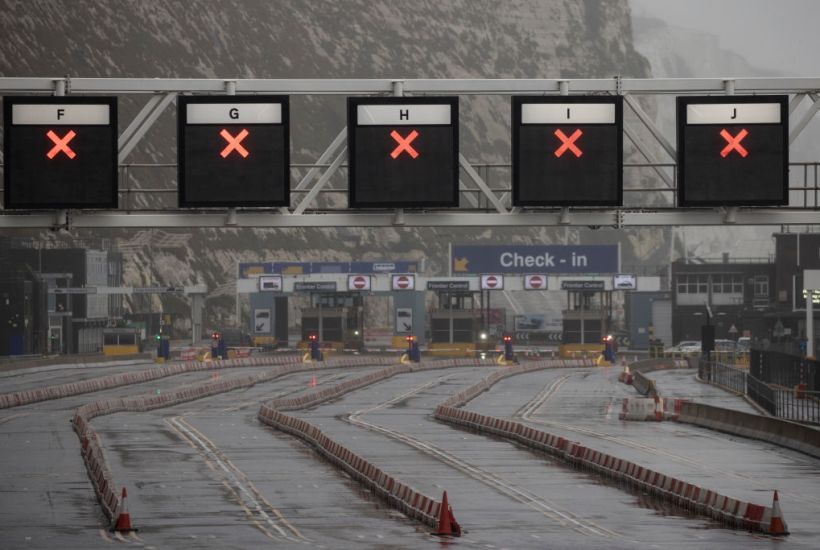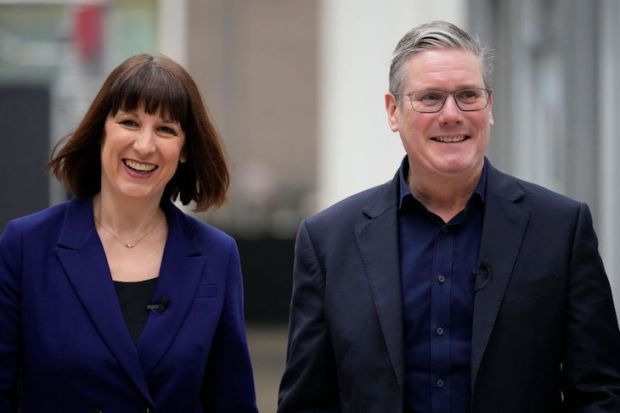The port of Dover has been closed down. The Eurotunnel isn’t carrying any freight for a couple of days. The lorries are already starting to back up in Kent, the supermarkets are working out where they can get fresh supplies from, and flights have been suspended, with the British likely to find they are turned away from most of our neighbouring countries. If you had blanked out all the other news you might think that after some terminal row about herring, Brexit had actually been brought forward by ten days, creating the kind of chaos that even the most swivel-eyed Remainer could scarcely have imagined possible. And yet, of course, it is the new strain of Covid-19 that means restrictions are being put in place. But, hey, one thing seems to have come good. All the plans we put in place for no-deal Brexit may well turn out to be precisely what we need right now.
There is nothing wrong with France, Germany, the Netherlands and many other countries temporarily putting controls in place on the movement of goods and people into and out of the UK. We all know that isolating is the best way to control the spread of a virus, and that applies to countries as much as individuals. If the new strain of Covid-19 can be kept to the South East of England that is rough on those of us who live there but better for the rest of the world – and better for us as well in the medium term. In retrospect, it would have been better if China had done that a year ago.
Ironically, however, all the planning to cope with the possible consequences of leaving the EU without any form of trade deal once our transitional arrangement comes to an end at the start of 2021 may be precisely what we need right now. At the most simple level, we have already built lorry parks in Kent to cope with potential delays at the border; if necessary, they can park there while Covid tests are carried out instead of customs papers checked. We have already recruited plenty of extra officials to cope with the movement of goods; they can manage the flow of vehicles instead. Likewise, retailers have already been creating buffers to cope with disruption to supplies; manufacturers have been working out how supply chains can be re-routed to run smoothly under testing circumstances; and employers have already been looking at how they can make themselves less reliant on cheap imported workers. All of those contingency plans are going to be very useful this week.
Of course, the chaos should be sorted out in the next few days. It is perfectly possible to move freight in a way that doesn’t spread a virus (a hint: more container ships and fewer lorries). And yet, in truth, whether we reach a deal with the EU or not the UK has already started making plans for a greater degree of self-reliance. In 2016, at the height of globalisation, that might have looked like an odd choice. As 2020 comes to a close, with a pandemic rampant around the world, and with a new strain emerging in Kent and the South East, it is starting to look a lot more sensible.
Got something to add? Join the discussion and comment below.
Get 10 issues for just $10
Subscribe to The Spectator Australia today for the next 10 magazine issues, plus full online access, for just $10.





















Comments
Don't miss out
Join the conversation with other Spectator Australia readers. Subscribe to leave a comment.
SUBSCRIBEAlready a subscriber? Log in